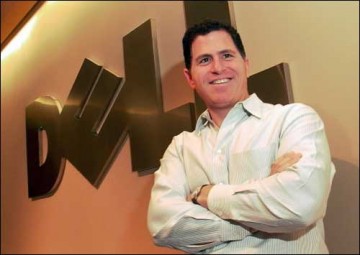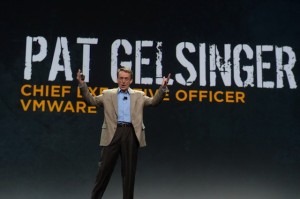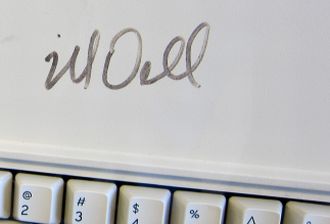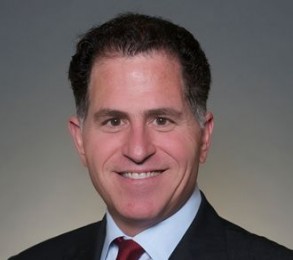 Grey tin box shifter Dell is officially the King of the Storage World after his outfit moved past Hewlett Packard Enterprise (HPE) as the largest enterprise storage vendor in the world.
Grey tin box shifter Dell is officially the King of the Storage World after his outfit moved past Hewlett Packard Enterprise (HPE) as the largest enterprise storage vendor in the world.
Beancounters at IDC have added up some numbers and divided by their shoe size and reached the conclusion that Dell had a 21.6 percent market share in Q1 of 2018, compared to HPE’s 17.7 percent.
Dell posted year-on-year growth of 43 percent for the quarter, with HPE’s share growing 18 percent.
IDC research vice president Eric Sheppard said: “This was a quarter of exceptional growth that can be attributed to multiple factors.
“Demand for public cloud resources and a global enterprise infrastructure refresh were two crucial drivers of new enterprise storage investments around the world.
“Solutions most commonly sought after in today’s enterprise storage systems are those that help drive new levels of data centre efficiency, operational simplicity, and comprehensive support for next-generation workloads.”
IBM was the only vendor in the top five to see its revenue drop year on year, declining 15 percent.
Dell maintained its market lead in the external storage systems market, with a share of 32.9 percent compared to second-placed NetApp’s 14.2 percent.
















